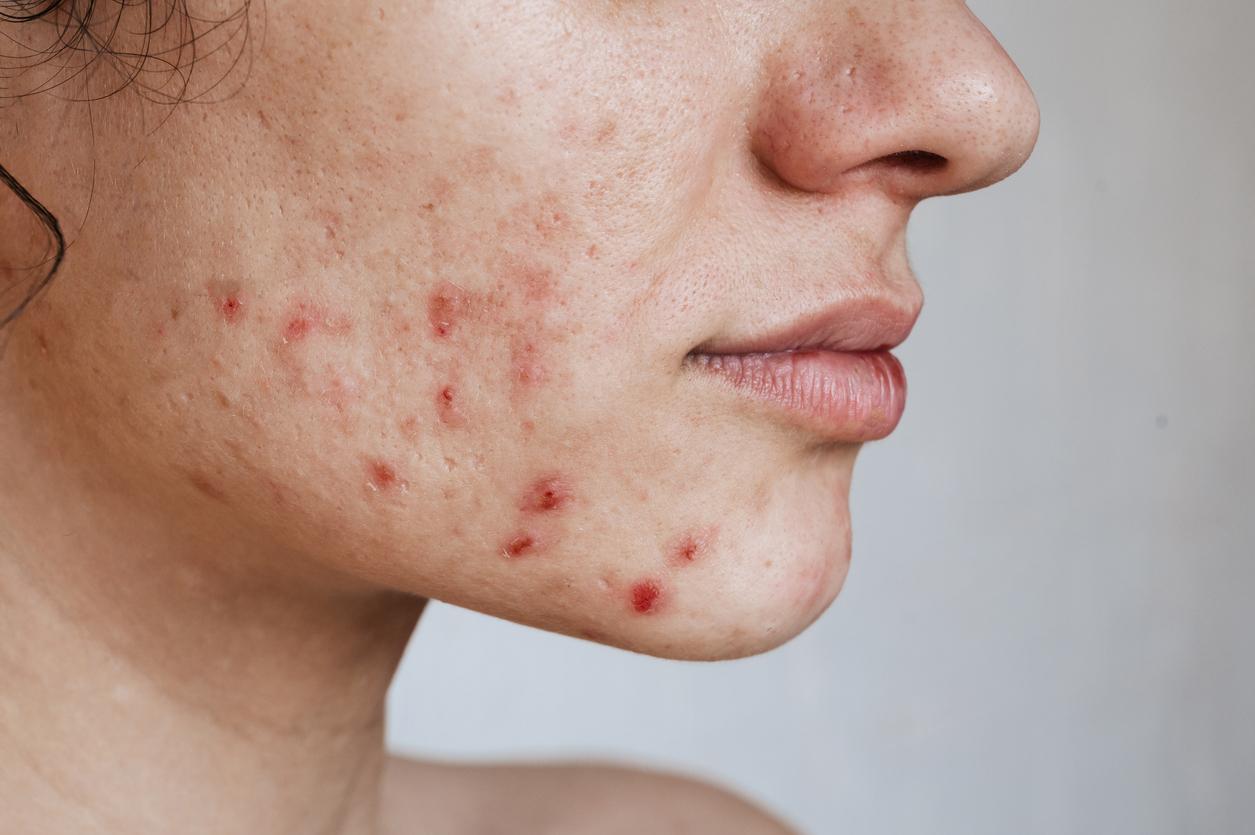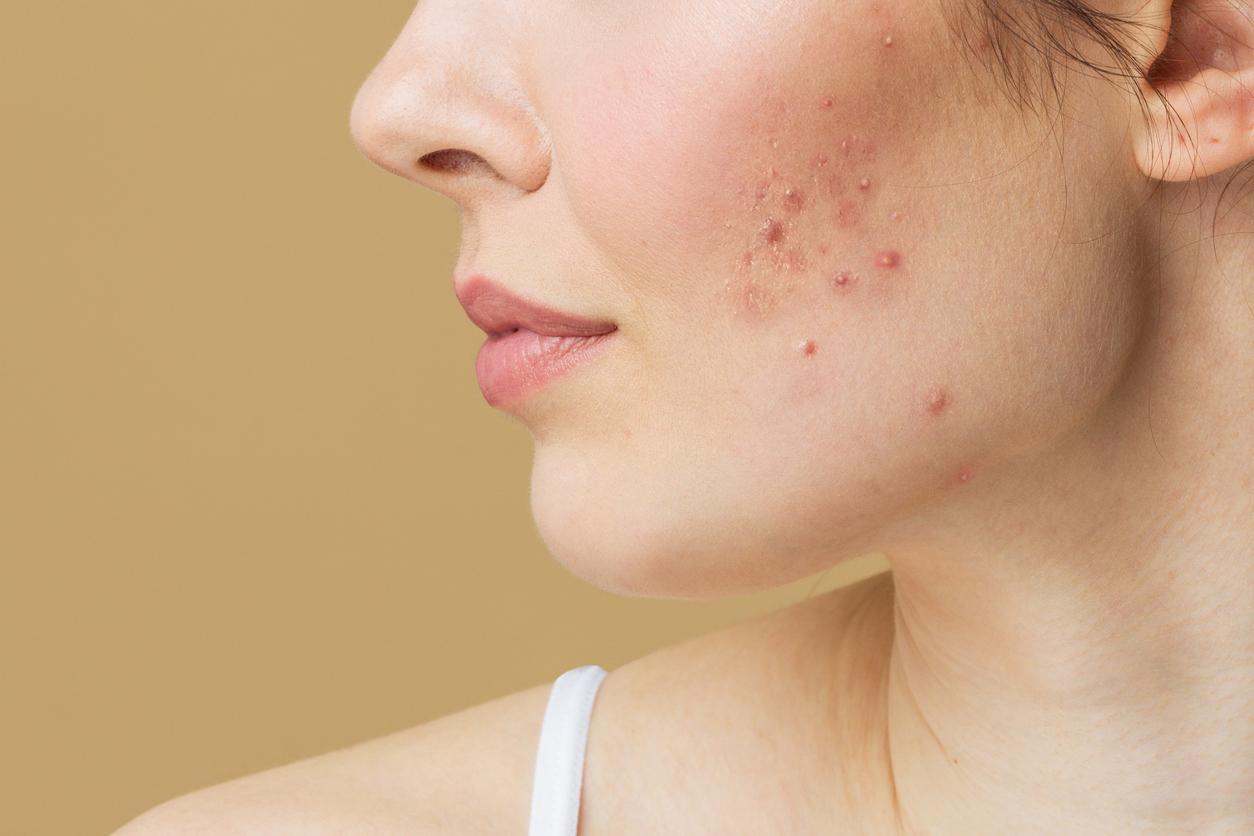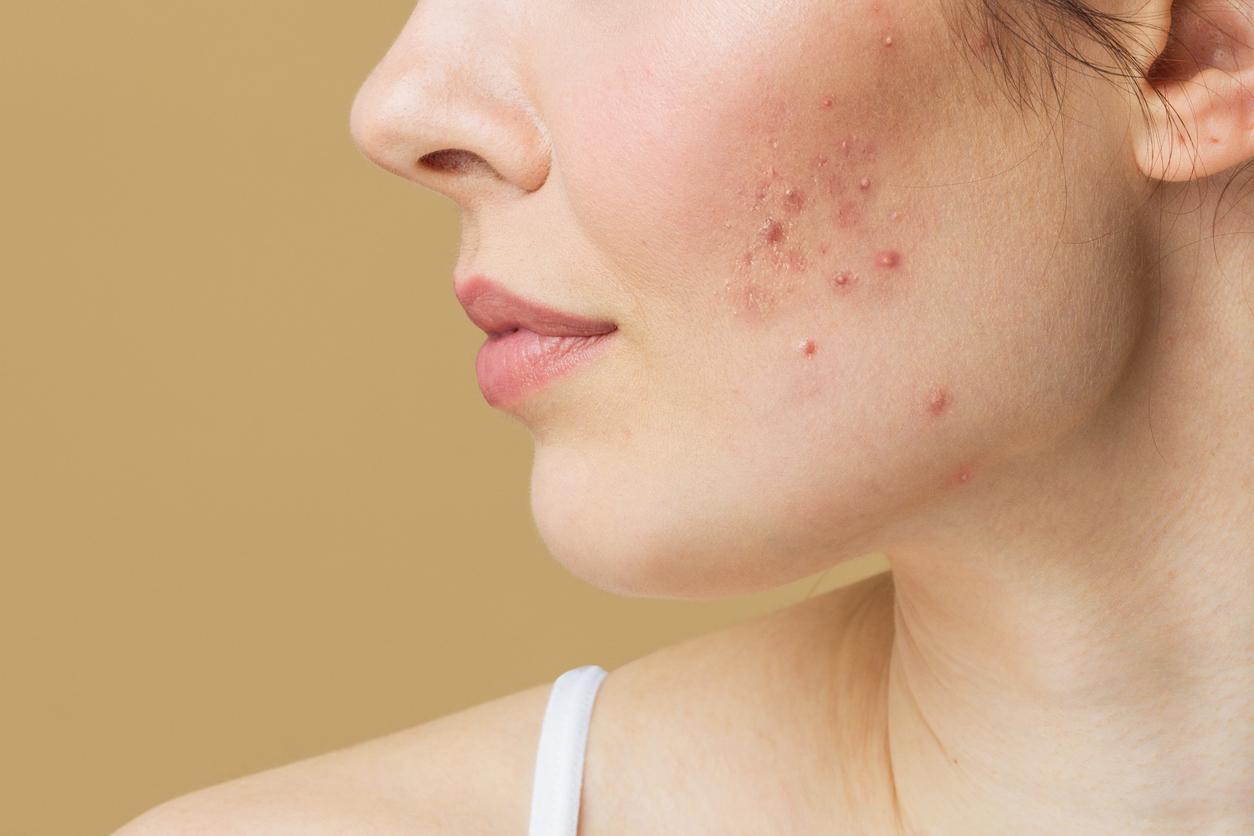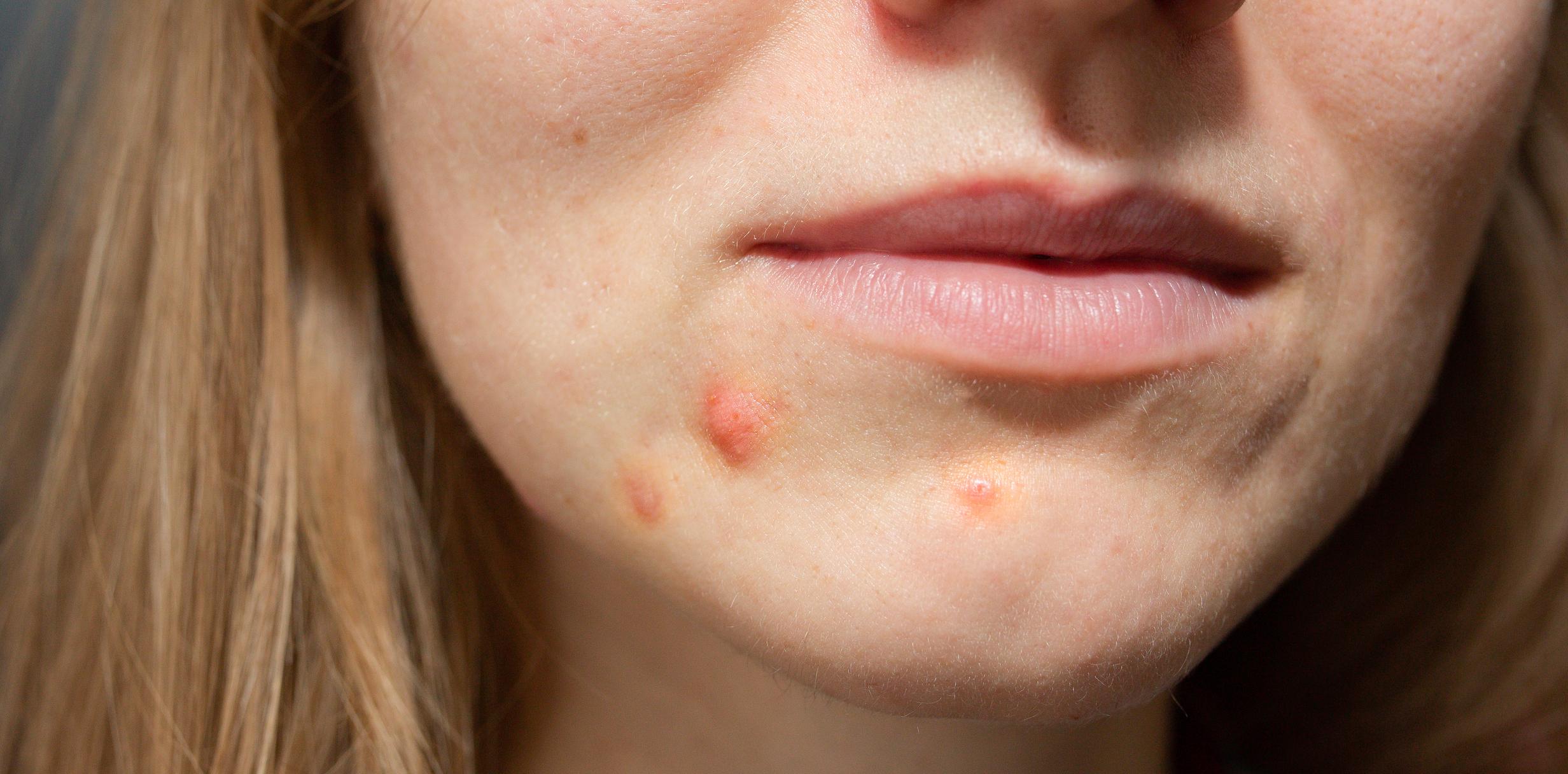In March, the National Medicines Safety Agency (ANSM) convened a multidisciplinary committee of experts to consider new actions aimed at strengthening information for patients and healthcare professionals on the risks associated with the use of medicinal products. drugs composed of isotretinoin (Roaccutane, Contracne, Curacne, Procuta). VShe committee was responsible for hearing patients and families of patients as well as doctors, pharmacists and associations in order to collect their proposals intended to improve access to information on these risks, in particular teratogenic and psychiatric risks. Written testimonies collected beforehand from patients and their families had also been sent to the experts.
175 pregnancies on medication each year
Why such a meeting? Because despite the measures put in place to improve the correct use of isotretinoin-based medicines, the number of pregnancies in women treated with these medicines for severe acne remains high. However, the use of these drugs during pregnancy is an absolute contraindication, due to the very high risk (over 30%) of serious malformations in the fetus such as abnormalities of the brain, face or heart.
Based on the work of these experts, the ANSM has just published its first recommendations to reduce the risks of isotretinoin-based treatments. She recommends that doctors:
- To schedule two consultations before starting any treatment : “A first consultation would allow the dermatologist to give his patient all the information he needs to decide whether or not to start treatment with isotretinoin. If necessary, the prescription may take place within the framework of a second medical consultation “.
- Systematically prescribe emergency contraception and condoms (reimbursed), in the case of oral contraception.
- To ensure a monthly medical follow-up of all patients: “aCurrently, only young girls and women of childbearing age benefit from a monthly medical examination in order to verify the absence of any pregnancy each month (carrying out a pregnancy test each month). We recommend that these monthly visits be extended to all patients, including men, in order to ensure better monitoring of the risks associated with the treatment.
A 30% risk of fetal malformations
The National Medicines Safety Agency (ANSM) alerts healthcare professionals and patients on the potential risk of neurodevelopmental disorders in the unborn child associated with the intake of oral isotretinoin during pregnancy. “Taking oral isotretinoin during pregnancy is associated with a risk of more than 30% of malformations, such as abnormalities of the brain, face or heart, in exposed children. in utero “underlines the Agency.
“Despite the measures put in place, the number of pregnancies exposed to isotretinoin has not decreased since 2010 with around 175 pregnancies each year” insists the ANSM. “In addition, cases of anxiety or changes in mood, depression, or worsening of depression including suicide attempts, have been reported in treated patients” underlines the Agency which recalls that the drugs isotretinoin-based should only be prescribed as a last intention and only in the event of failure of conventional treatments (antibiotic therapy and local treatments).
What should be done with isotretinoin?
For the patients of childbearing age :
- Contraception should be started one month before starting treatment and should be continued for another month after stopping treatment (due to the persistence of isotretinoin in the blood).
- A pregnancy test should be performed before starting treatment as well as every month when the prescription is renewed and when the treatment is dispensed and the month after stopping treatment.
- In case of pregnancy occurring during treatment with isotretinoin, stop your treatment and see your doctor as soon as possible. The absence of an abnormality visible on ultrasound during pregnancy or at birth does not allow us to anticipate that the child will not have disorders, in particular neuro-developmental disorders such as mental retardation or delayed functions. motor (balance, walking, etc.).
For all patients:
It is necessary to be attentive to the appearance of signs of a psychological or psychiatric nature, in particular a depressive syndrome which can manifest itself for example by a feeling of sadness, crying attacks, suicidal thoughts, a distance from social or family life.
Source:
- Isotretoin during pregnancy: Neurodevelopmental risk in the absence of birth defects – Reproduction-pregnancy-breastfeeding evaluation report, ANSM, 02/18/2021
Read also :
- 12 home remedies for acne
- Acne: what’s new to treat it
- 3 factors that can make your acne worse
















